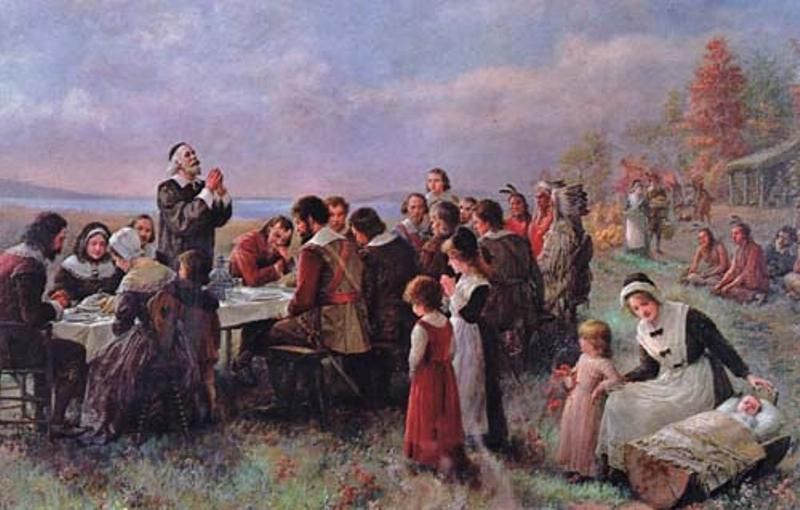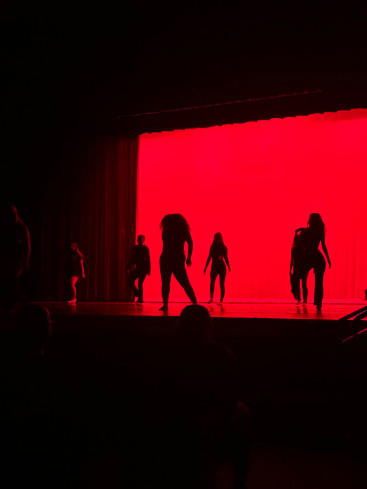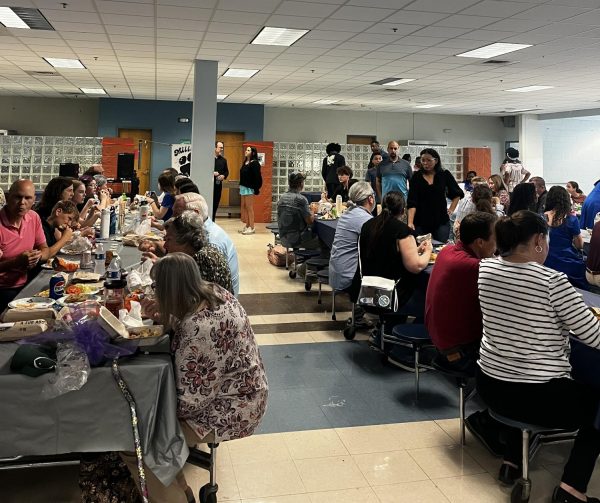Conspiracy Column: What is Actually Known About Thanksgiving?
Thanksgiving is known as the holiday of gratitude and togetherness. The feasting and festivities signify the beginning of American culture.
November 16, 2021
Thanksgiving: an annual national holiday marked by religious observances and a traditional meal that includes turkey. The holiday commemorates a harvest festival celebrated by the Pilgrims in 1621 and is held in the US on the fourth Thursday in November. When most Americans think of the Thanksgiving holiday, food and fellowship are what come to mind. It is a celebration of the friendship formed between the Pilgrims and Native Americans in the early years of the American colonies. How much of this holiday origin story is based in truth?
The famous tale of the Pilgrims and Native Americans feasting on a successful harvest in honor of their newfound collaboration is commonly taught in schools, as well as portrayed in the media. The popular special “A Charlie Brown Thanksgiving” is a retelling of this exact story, specifically with a younger audience in mind. When asked what his idea of the First Thanksgiving is, junior Hugh Kennedy states, “I think of a big wooden table with a bunch of colonists and Native Americans all eating turkey together.” This impressionable idea of friendship remains the image of the First Thanksgiving for countless generations.
The inaccuracies with the modern-day story begin upon the arrival of the Pilgrims themselves. Author David Silverman wrote in his book This Land Is Their Land: The Wampanoag Indians, Plymouth Colony, and the Troubled History of Thanksgiving that the Wampanoag Native Americans remember the arrival of the Pilgrims as a day of mourning and sorrow, as opposed to a day to give thanks and celebrate. The quality of life for the Wampanoag Natives significantly decreased due to disease, famine, and violence. All caused by the colonists’ arrival. Silverman says in an interview with Smithsonian Magazine, “Wampanoag leader Ousamequin reached out to the English at Plymouth and wanted an alliance with them, but it is not because he was innately friendly. It is because his people have been decimated by an epidemic disease, and Ousamequin sees the English as an opportunity to fend off his tribal rebels.” Despite having an origin rooted in adversarial means, Thanksgiving is an emblem of friendship for the American people.
The myth of Thanksgiving is the event itself. Why is this history glorified in such an inaccurate way? Millbrook teacher Mr. Crawley states, “The main thing I believe that people get wrong about the event of Thanksgiving is to think it is an actual event. It is best to keep it in mind as a story that is about our values and the way we view our country.” The idea of Thanksgiving today is more a reflection of the founding principles that the US would like to be associated with than the actual truth. After all, the picture of friendship, turkey, and big wooden tables is much easier for Charlie Brown to work with.












